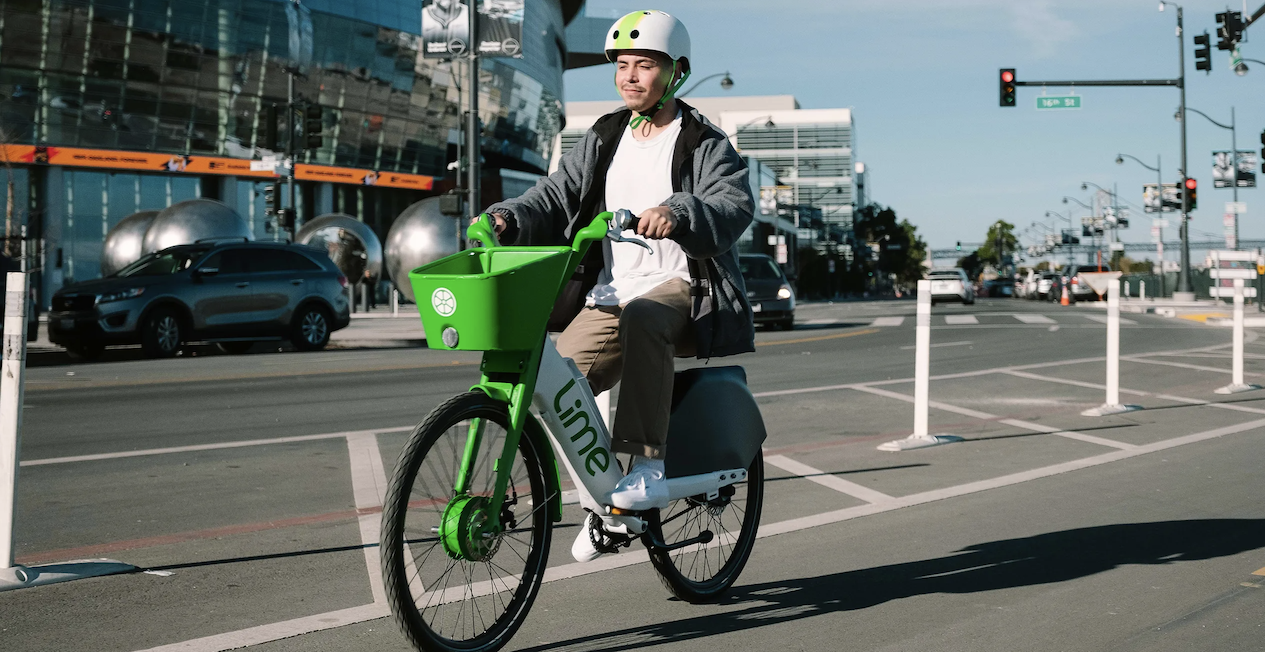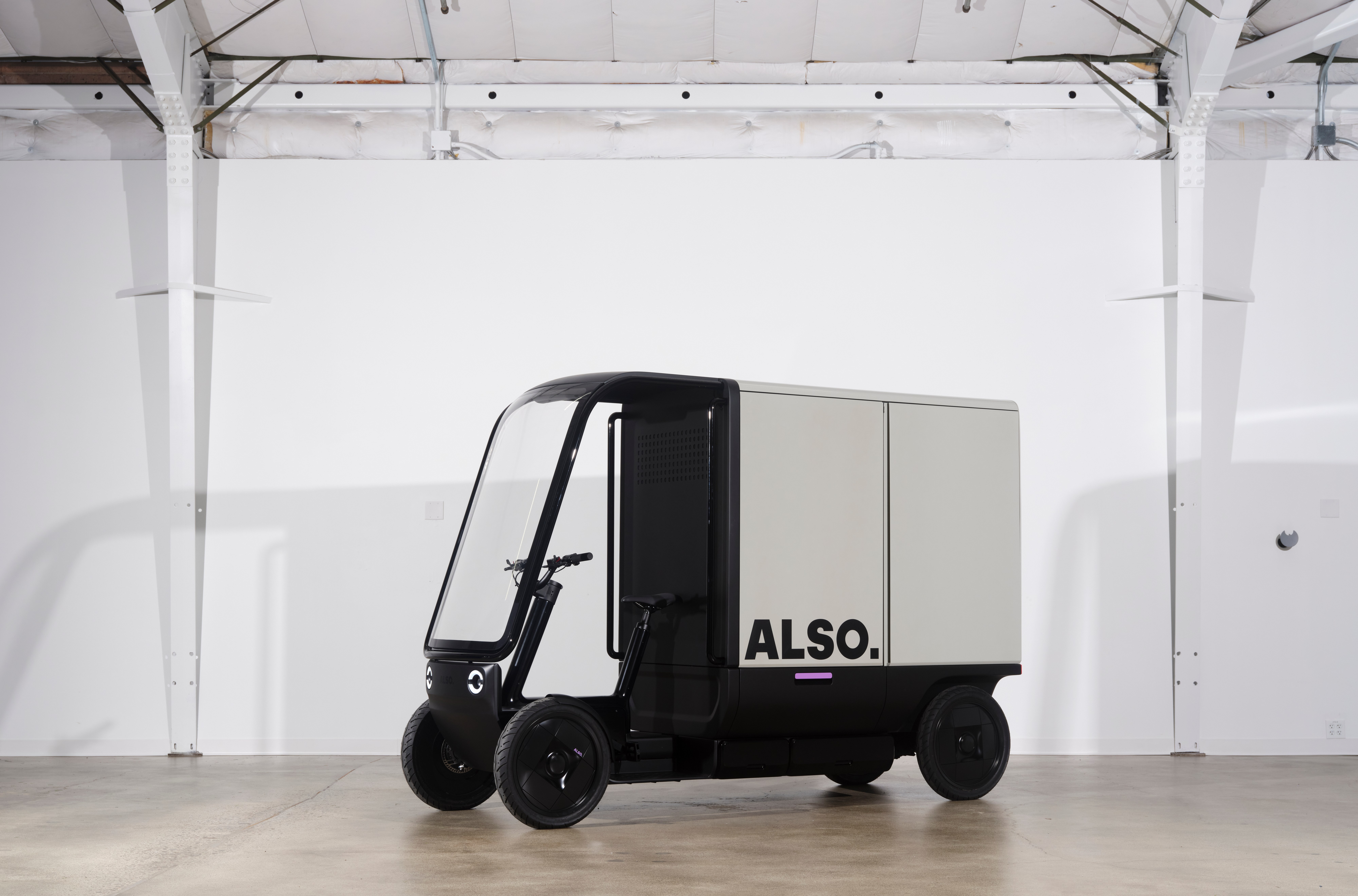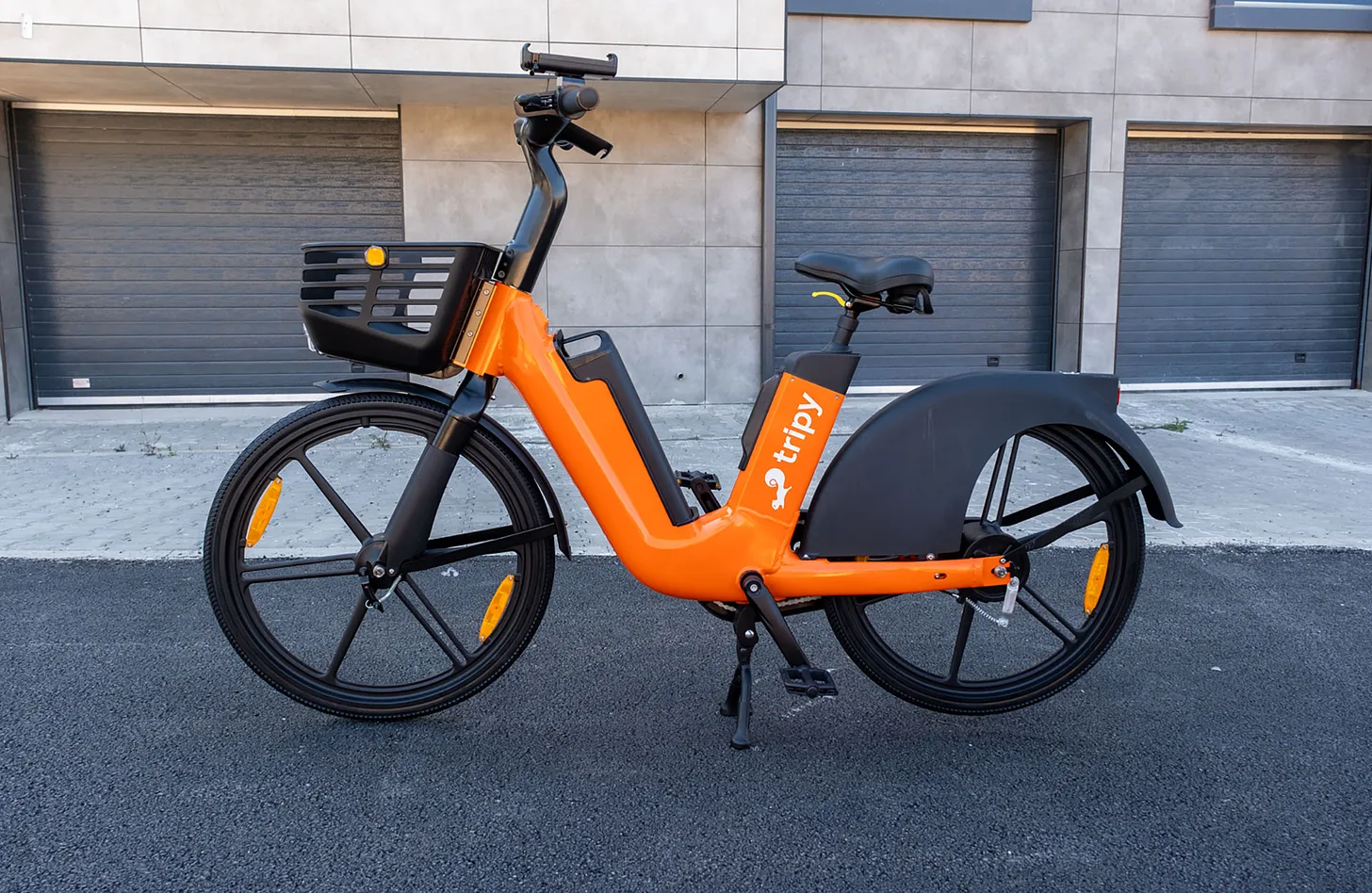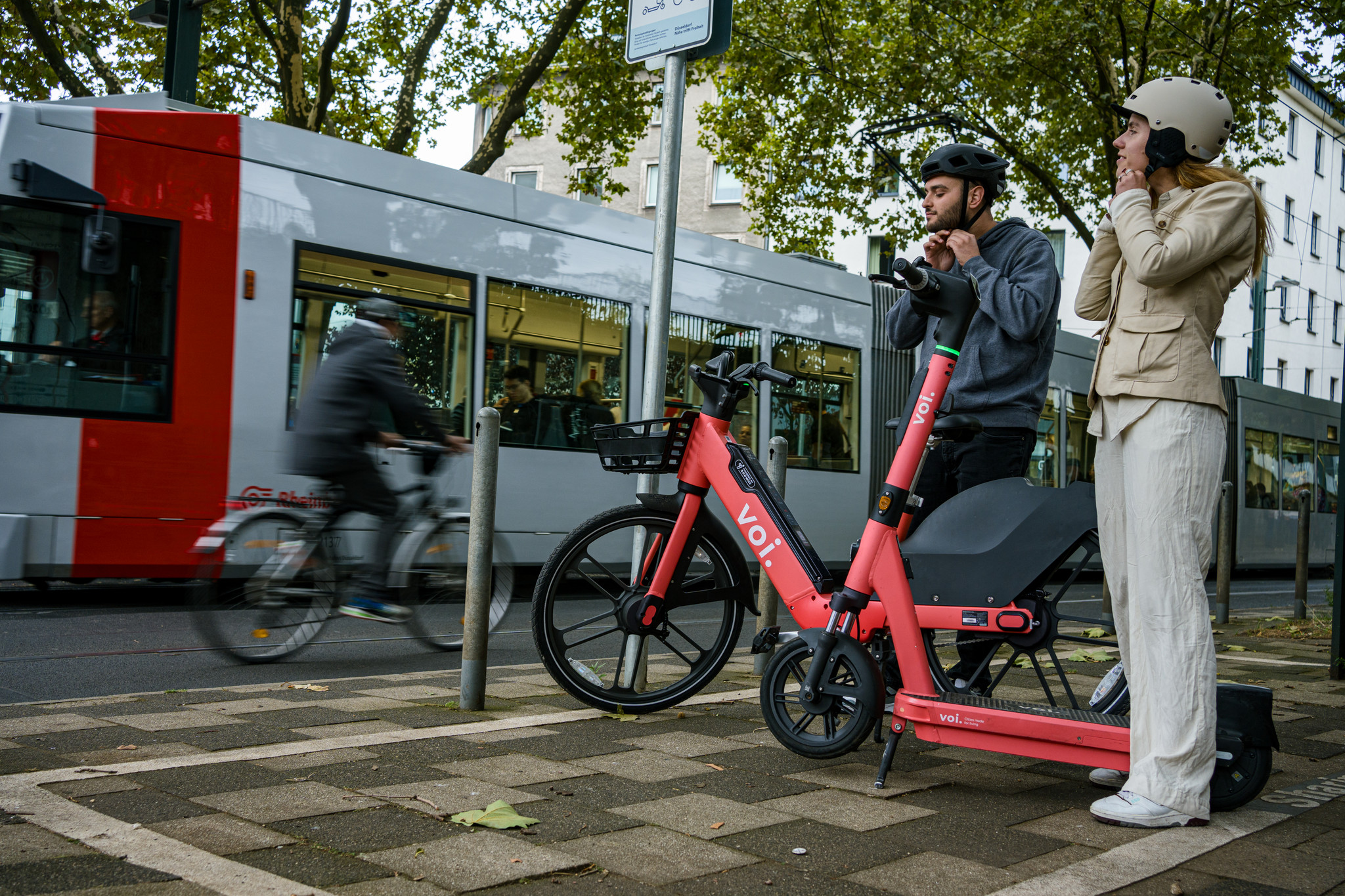When a group of Rivian engineers left the electric truckmaker last year, they didn’t start another car company. They went smaller. This week, their new startup ALSO unveiled a line of electric micromobility vehicles, including a modular e-bike called the TM-B, two pedal-assist quads, and a connected smart helmet. The launch comes months after the company quietly raised $200 million from Greenoaks Capital, bringing its valuation to $1 billion, according to Bloomberg.
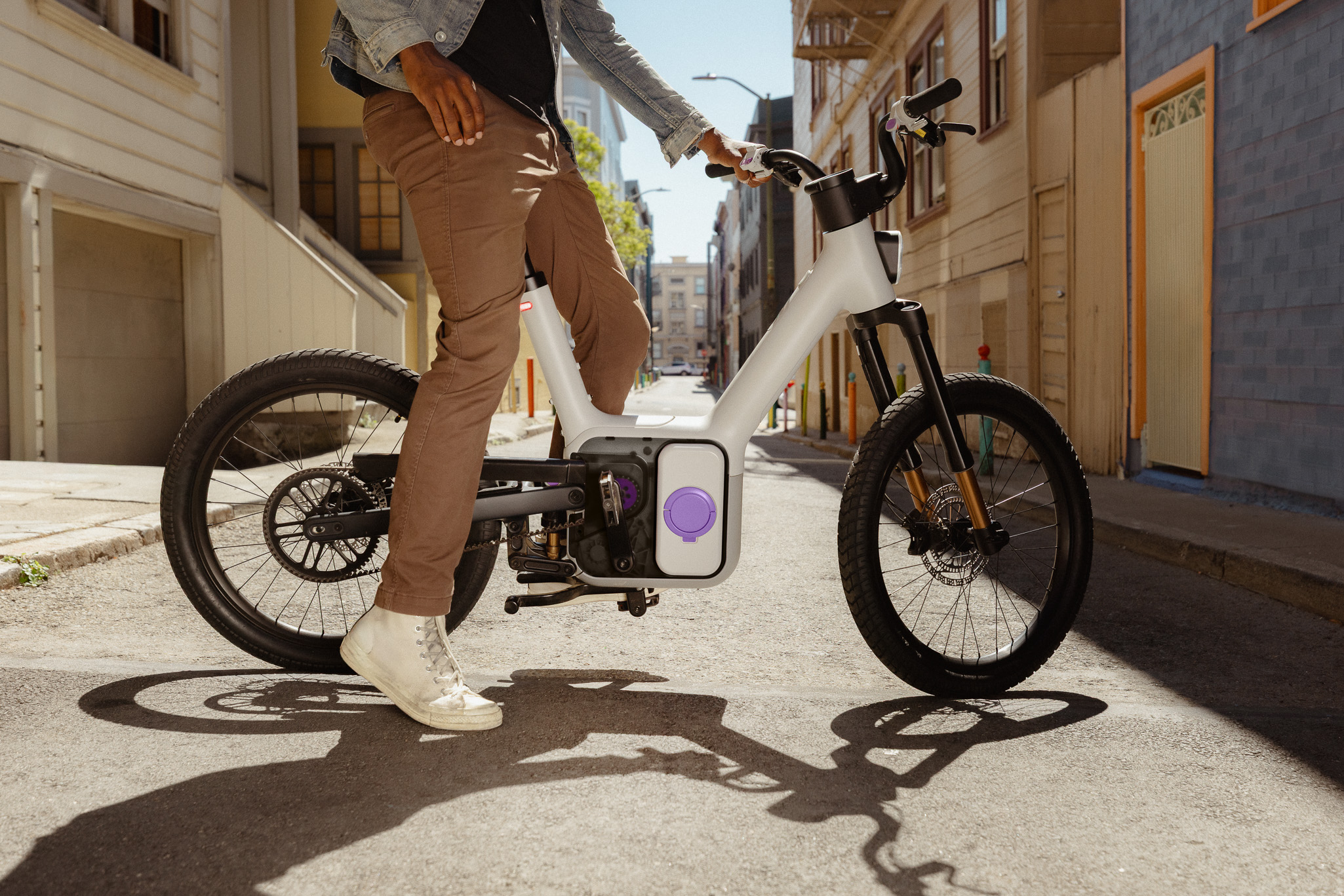
From Rivian’s playbook to small EVs
ALSO began inside Rivian as an experiment in scaling down the company’s EV technology to lighter platforms. The team eventually spun out with backing from Eclipse Ventures, which led a $105 million round earlier this year. Rivian founder RJ Scaringe remains an advisor and early supporter.
The idea is familiar: build the full stack in-house, control every component from battery to software, and improve performance through updates. It is the same formula that made Rivian and Tesla stand out in automotive, but applied to two- and four-wheeled vehicles meant for short trips.
“ALSO was created to push what’s possible in smaller form factors,” Scaringe said in a statement.
The TM-B, a software-driven e-bike

ALSO’s first product, the TM-B, is a Class 3 e-bike with a top pedal-assist speed of 28 mph (45 kph) and an optional throttle that reaches 20 mph in regions where regulations allow. The company calls it a “software-defined vehicle” built around its proprietary DreamRide propulsion system.
.jpg)
Instead of a direct drivetrain, the rider’s pedaling powers a generator that feeds the battery while software manages motor output. The system can operate in Auto or Manual mode. In Auto, the bike maintains a preferred cadence automatically. In Manual, software-defined gears replicate the feel of traditional shifting with faster and smoother response.
The TM-B delivers up to 180 Nm of torque, giving it strong acceleration and the ability to keep pace with city traffic. A built-in hill-flattening feature continuously monitors incline and adds torque on climbs. The bike’s hydraulic disc brakes use regenerative braking, extending range by about 25 percent while recovering energy on descents.
Riders can choose between a standard 538 Wh battery rated for up to 60 miles of range or a large 808 Wh pack rated for 100 miles. Both use USB-C fast charging, reaching 80 percent in under three hours, and can function as portable power banks through dual USB-C ports.
.jpg)
Front and rear air suspension smooth rough terrain, and ALSO’s Portal interface provides navigation, ride data, and app connectivity through a five-inch high-resolution touchscreen. The display handles calls, media, and security features that automatically lock the bike when the rider walks away.
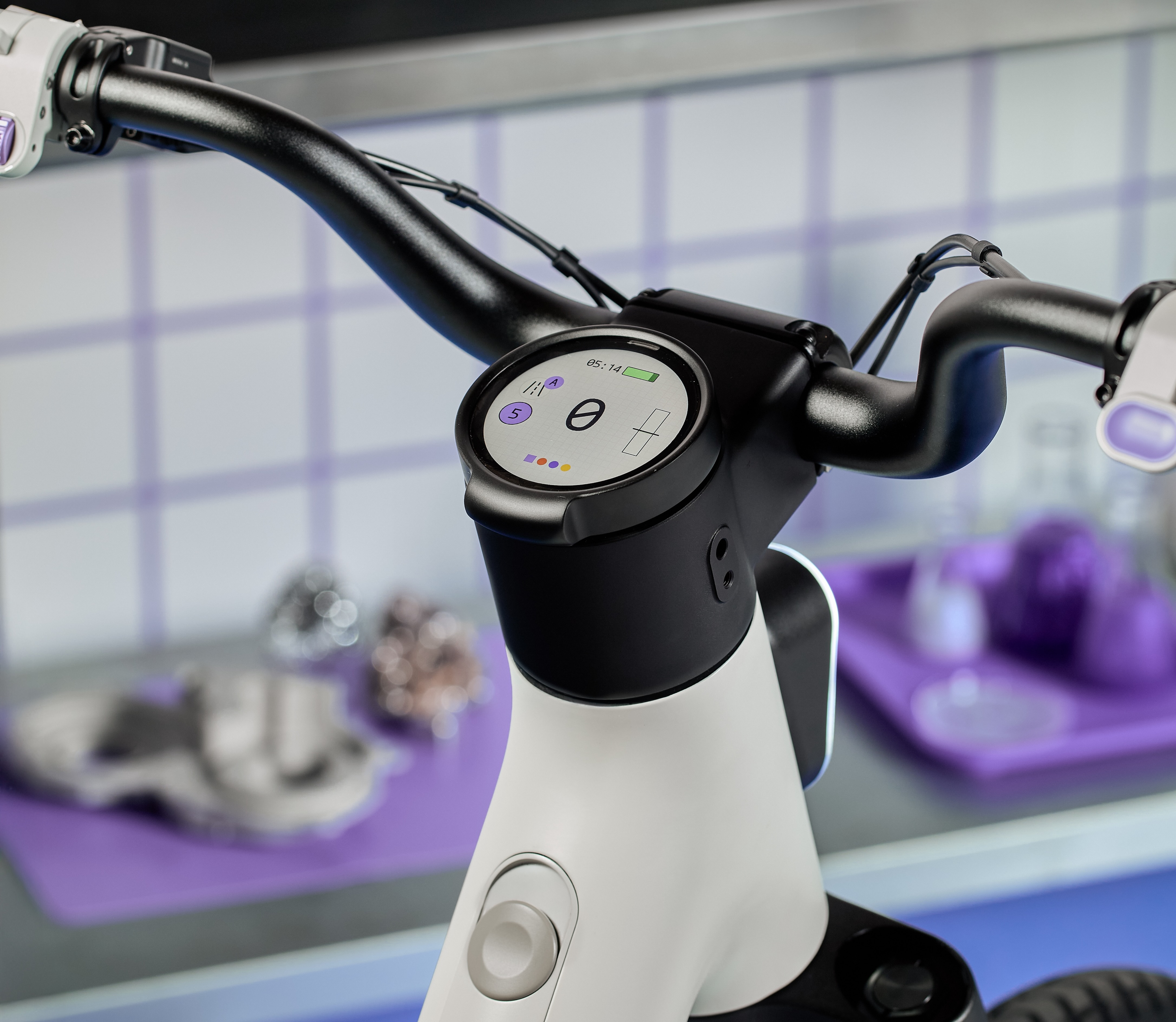
Performance versions of the TM-B offer up to 10x pedal assist, Sport modes, and refined suspension tuning.
“The goal is to make small vehicles desirable and functional, not a compromise,” said Chris Yu, ALSO’s president and former Rivian executive.
Pedal-assist quads for homes and fleets
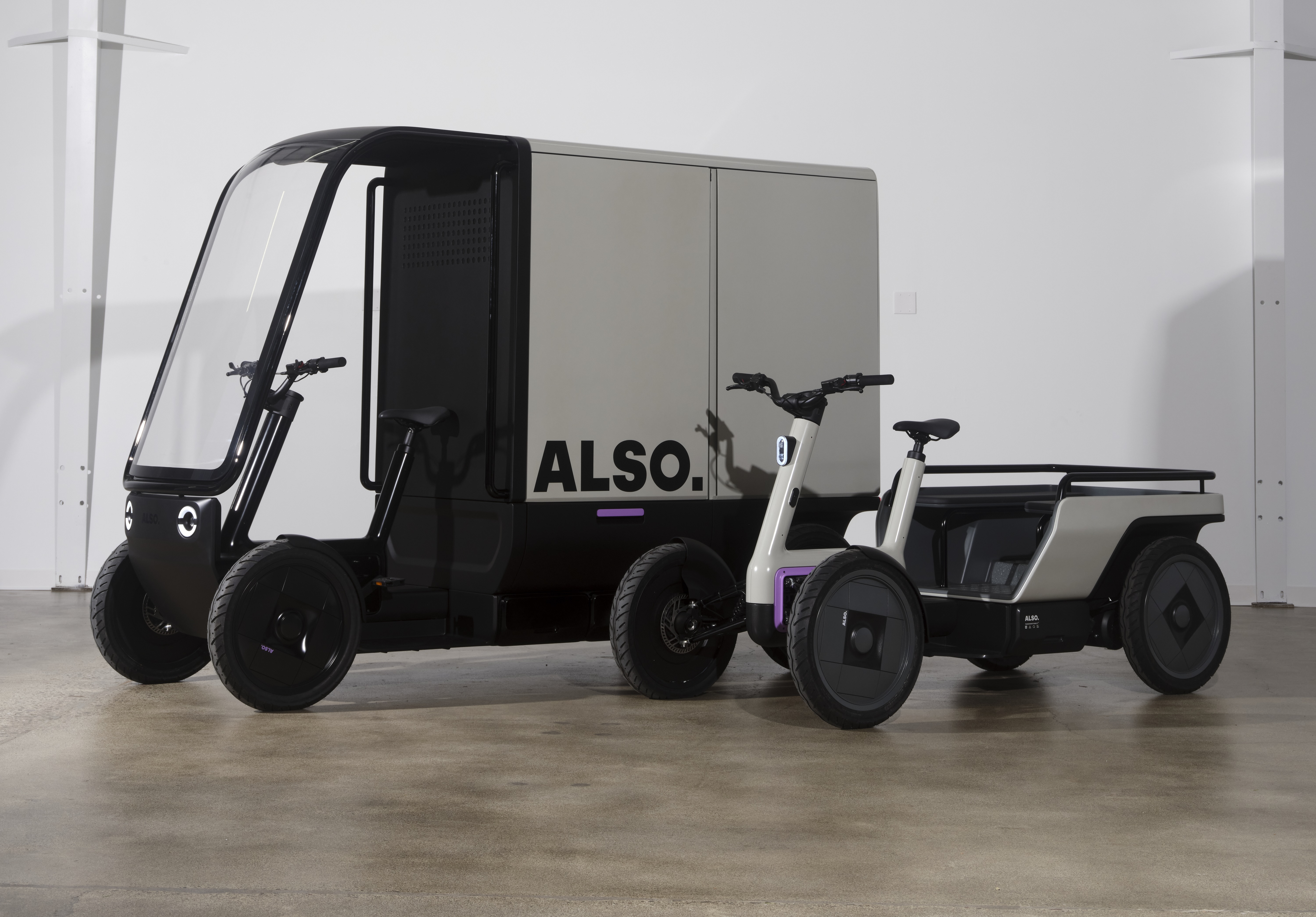
ALSO’s second product line, the TM-Q, moves into new territory for micromobility. The four-wheel pedal-assist vehicle comes in two versions: a consumer model aimed at families and a commercial one designed for delivery fleets. Both can use bike lanes and are powered by the same hardware and software stack as the TM-B.
The commercial TM-Q, due in 2026, targets logistics operators seeking low-cost, low-emission last-mile delivery options. ALSO has partnered with Amazon on a customized version of the quad that will join the company’s growing urban delivery fleet in Europe and the United States.
“Pedal-assist cargo quads allow us to deliver faster in dense cities while cutting noise and congestion,” said Emily Barber, Amazon’s director of global fleet.
A connected ecosystem
The company also unveiled the Alpha Wave Helmet, which includes rotational impact protection, built-in lighting, and an audio system with microphones and speakers. It connects to the TM-B’s interface for calls, music, and navigation, part of ALSO’s effort to build an integrated ecosystem rather than standalone products.
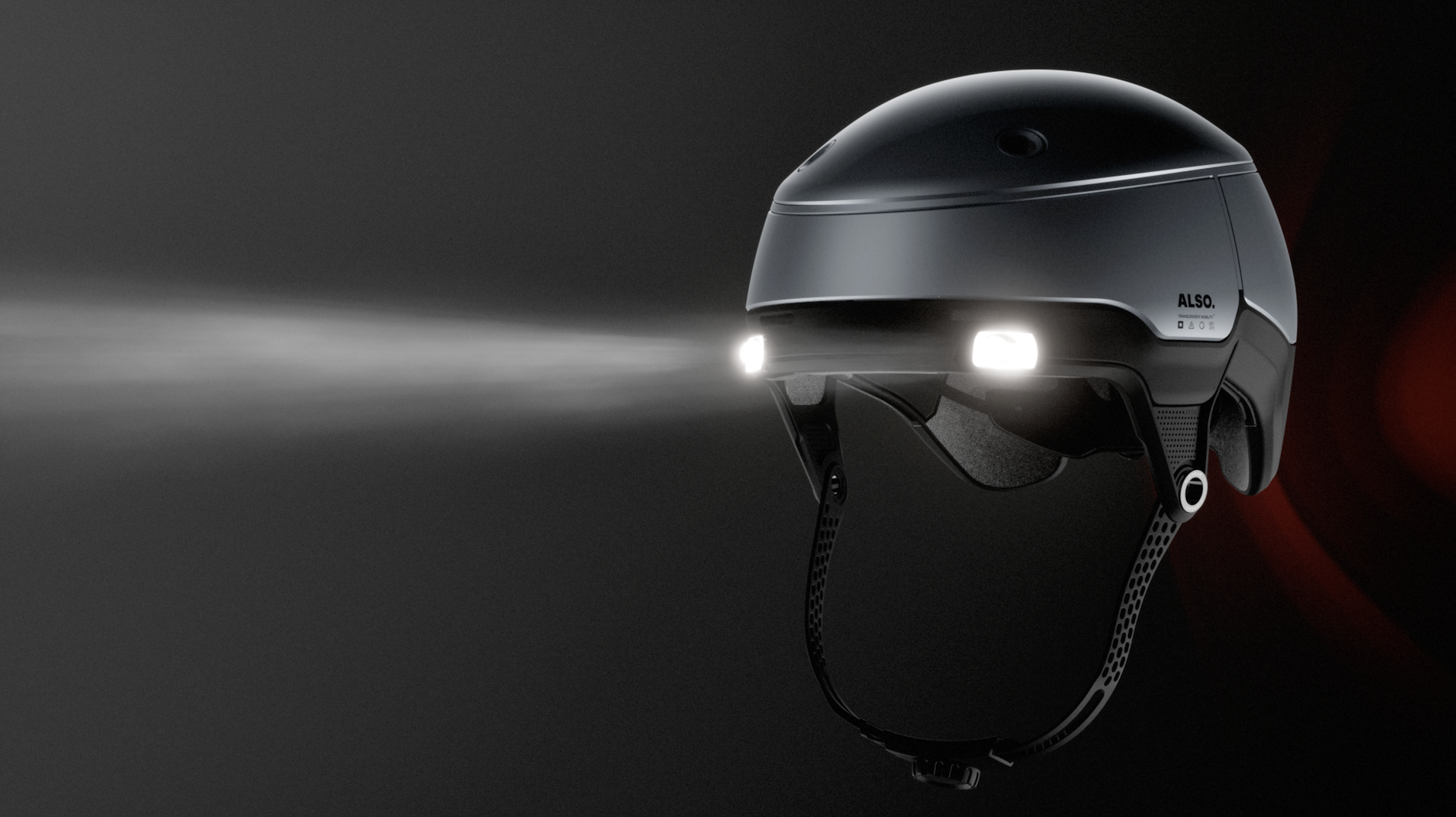
ALSO is partnering with Velofix for mobile service and Chase Slate for financing. Preorders and reservations for the TM-B are now open at RideAlso.com, with deliveries expected to begin in spring 2026. Customers will be able to test and buy vehicles through Rivian’s online and retail network later this year.
The Limited Launch Edition and Performance models are priced at $4,500, while the base TM-B will launch later in 2026 for under $4,000.
A bet on premium micromobility
The timing of ALSO’s debut is significant. The global micromobility market is still recovering from years of contraction and bankruptcies. Many shared scooter and e-bike operators have scaled back, and most hardware makers rely on commodity parts with limited differentiation.
ALSO’s approach is the opposite. It is betting that consumers will pay more for quality, integration, and safety — the same shift that happened in electric cars a decade ago.
With $305 million raised and a billion-dollar valuation before its first delivery, ALSO now has both the capital and attention to test that theory. If it succeeds, the next wave of EV innovation may not come from cars, but from the bikes and quads built to replace them.

.svg)
%2Bcopy.jpeg)


.svg)


